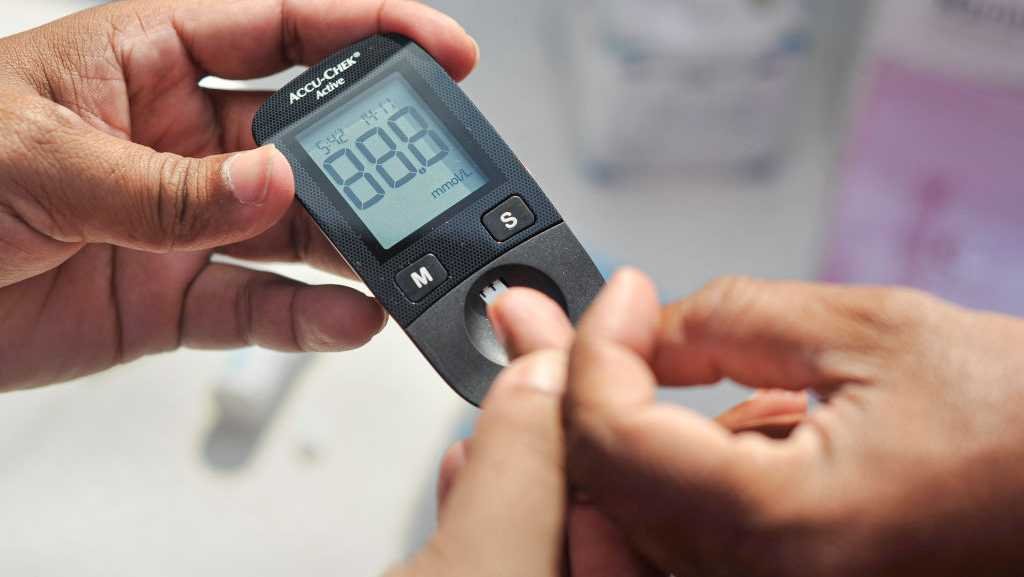NEW YORK: Added sugars in soft drinks do more than impact weight and blood sugar.
They are also tied to lower mental health, particularly among women, new research has found.
The connection seems to be mediated via the gut, in which case sweetened beverages have been shown to alter the composition of gut bacteria so that they promote inflammation, which has an influence on the brain.
Researchers in Germany took this route in a large cohort and stated the findings put mental health on the list of reasons to reduce soda consumption. The research used data from the Marburg–Münster Affective Cohort (MACS).
The researchers examined cross-sectional data among 932 adults aged 18 to 65, recruited from primary care and the general population between 2014 and 2018.
Of these, 405 were clinically diagnosed with major depressive disorder (MDD) and 527 were healthy controls.
Participants were surveyed about their consumption of soft drinks, and researchers measured the occurrence of depression and symptom severity.
They also examined the gut microbiome to determine if specific types of bacteria were associated with alcohol drinking and mood.
Consumption of soft drinks was associated with a higher risk of depression and greater symptoms.
The association was most prominent in women.
Females who consumed high amounts of sweetened beverages had approximately a 17% higher risk of depression than those who consumed fewer such drinks (odds ratio 1.167).
This trend was not observed in males.
Examining the microbiome of the gut, one group of bacteria was particularly noteworthy: Eggerthella.
Women who consumed sugary sodas every day had much higher concentrations of this bacteria in their gut.
This matters because past research has discovered that Eggerthella is more prevalent in individuals with depression.
The new discovery indicates that it could be part of the mechanism by which soda influences mood.
“Our data indicate that the connection between soft drinks and depressive symptoms is via the microbiome,” study leader Sharmili Edwin Thanarajah of the University Hospital Frankfurt and the Max Planck Institute for Metabolism Research Cologne explained.
Why the gut could be the go-between
Cola and lemonade are high in glucose and fructose.
They also contain preservatives, artificial sweeteners, and other additives.
This combination can disrupt the fragile equilibrium in the gut.
It stimulates the growth of inflammation-causing bacteria and dampens the population of microbes that make short-chain fatty acids—chemicals that keep the gut lining intact and control the immune system.
In animal experiments, these changes have produced brain inflammation and depression-related behaviors.
These findings in humans are consistent with this trend.
It’s fascinating, too, that the male-female difference crops up in the gut microbiome, too.
ALSO READ: A minor mistake of dental health can cause pancreatic cancer, Study Says
In regular soft drink consumers among men, investigators did not observe an increase in Eggerthella or a correlation with depressive symptoms. The reason for this is unclear.
Differences in hormones may be one reason.
Sex-specific immune responses may be another. For the time being, the authors point to this trend and advocate additional investigation into the underlying mechanisms.















